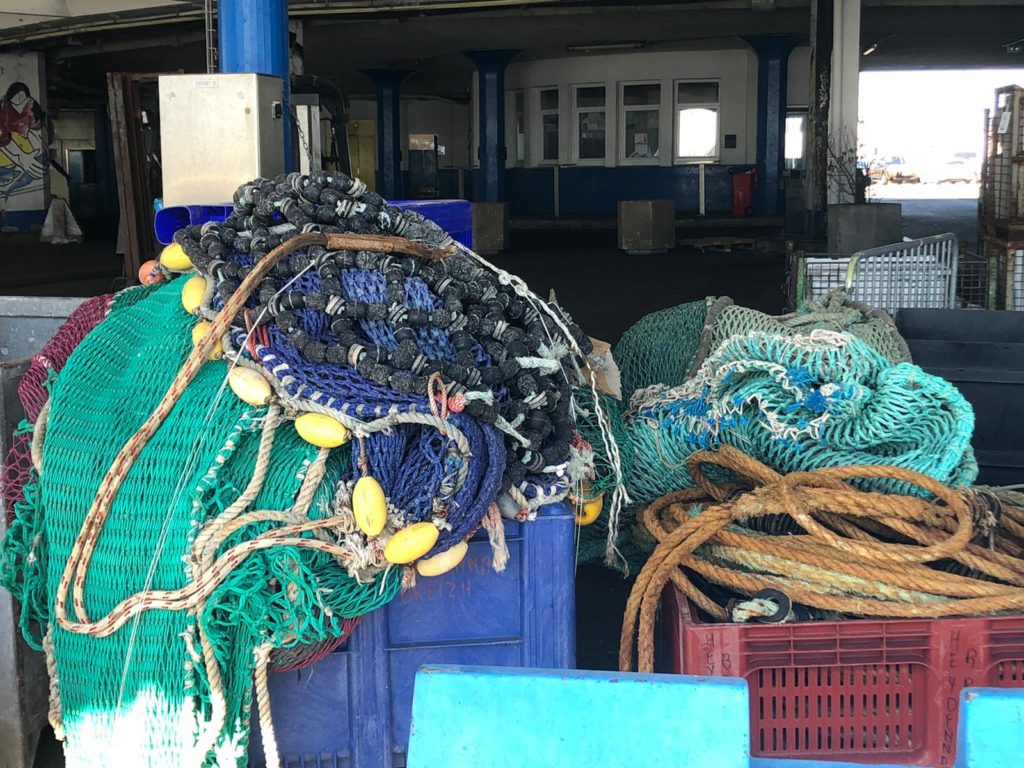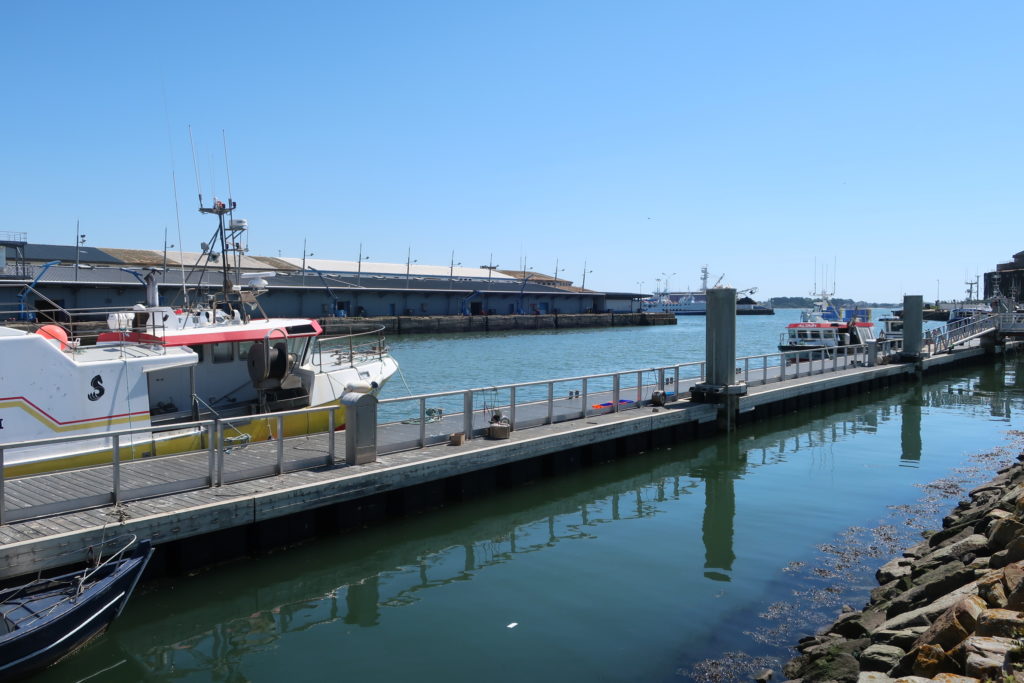European legislation on used fishing gear
In the European Union, the issue of fishing gear is addressed at the political level in the framework of the European Green Deal, a roadmap for a sustainable European economy. It has a “zero pollution” ambition and includes an action plan for the circular economy.
At the legislative level, two directives directly or indirectly affecting fishing gear were adopted in 2019: the Directive on single-use plastics and the Directive on port reception facilities.
The directive on single-used plastics

It states that: “Member States shall ensure that extended producer responsibility schemes are established for fishing gear containing plastics”. Each member state must transpose this directive into its national law before the end of 2021.
Under extended producer responsibility, the producer is the one who produces the gear and not the end user (here, the fisherman).
Importers and/or manufacturers of new products must organize and finance the collection and treatment of waste from the products they put on the market.
Member States must set a minimum annual national collection rate for waste fishing gear containing plastics for recycling.
In addition, from 2023 onwards, Member States will have to monitor the amount of fishing gear containing plastic placed on the market as well as the fishing gear collected and report the data annually to the European Commission.
Finally, the European Commission encourages the different Member States to organize a reflection on harmonized standards for the circular design of fishing gear in order to encourage reuse and facilitate recyclability at the end of its life.
The directive on port reception facilities
The objective of this directive is to improve port facilities for the collection of all types of waste, including used fishing gear, fishing gear collected at sea and marine waste collected at sea. The waste reception and treatment plans should finally become more selective in terms of waste management and propose collection solutions, in particular for waste that can be recycled.
In addition, all vessels calling at a European port must deposit their waste during their calls. Depending on the size of the port and the human and technical resources available, the modalities will vary.

Ports may choose to set up an additional fee to ensure the financing of waste management. All vessels using the port may be subject to this fee/tax, including fishing vessels.
This directive was scheduled to come into force in the EU countries by June 28, 2021.
